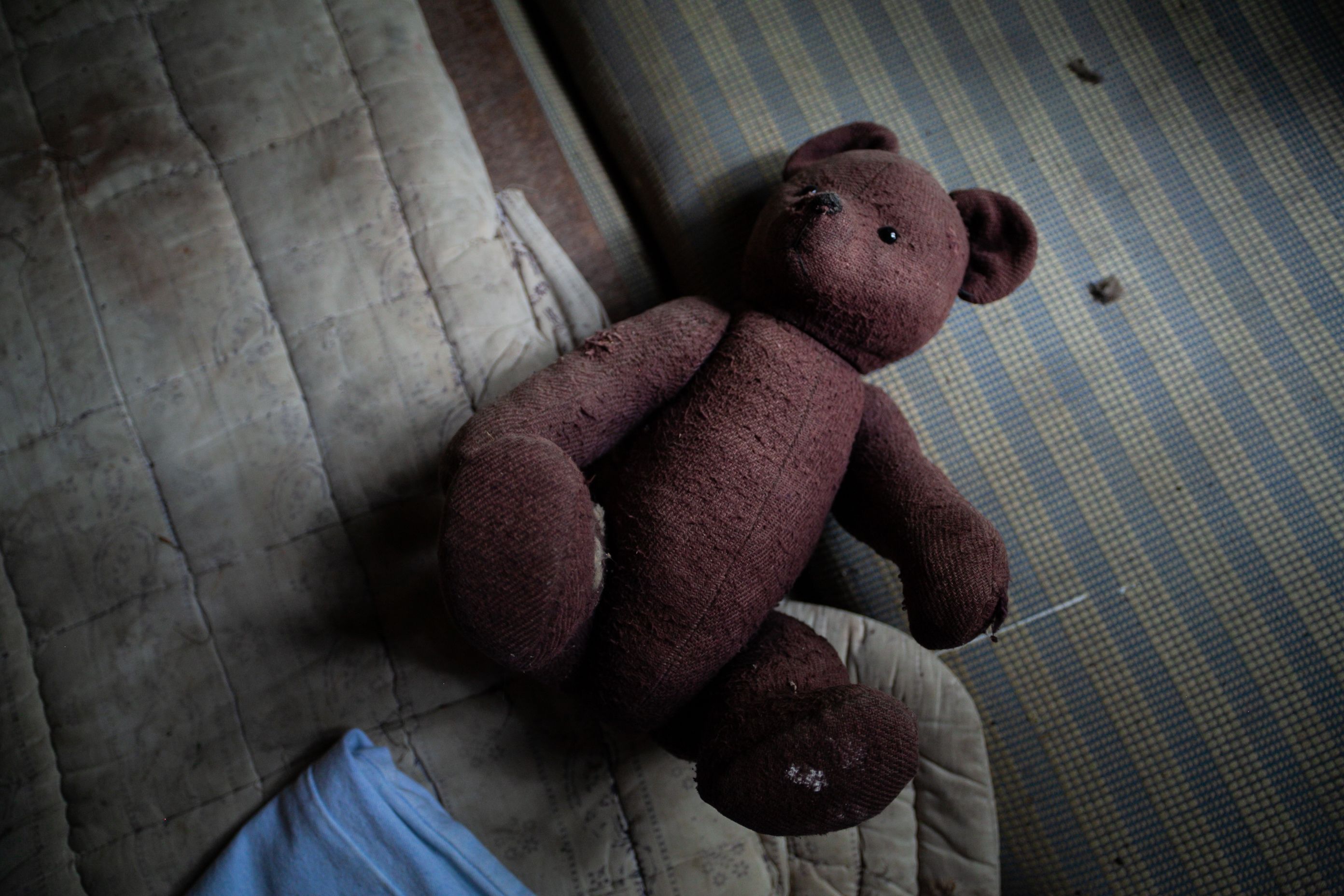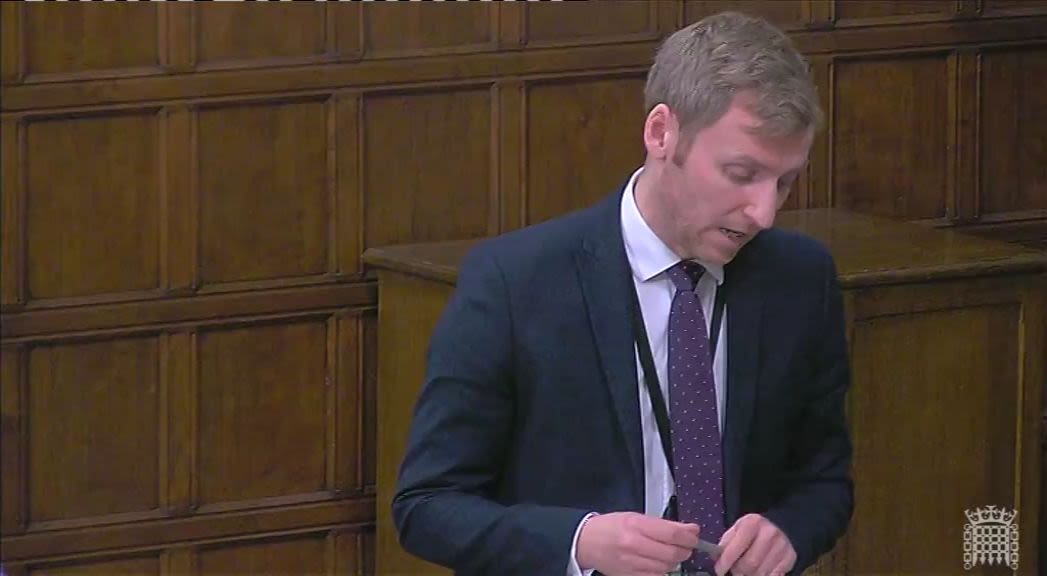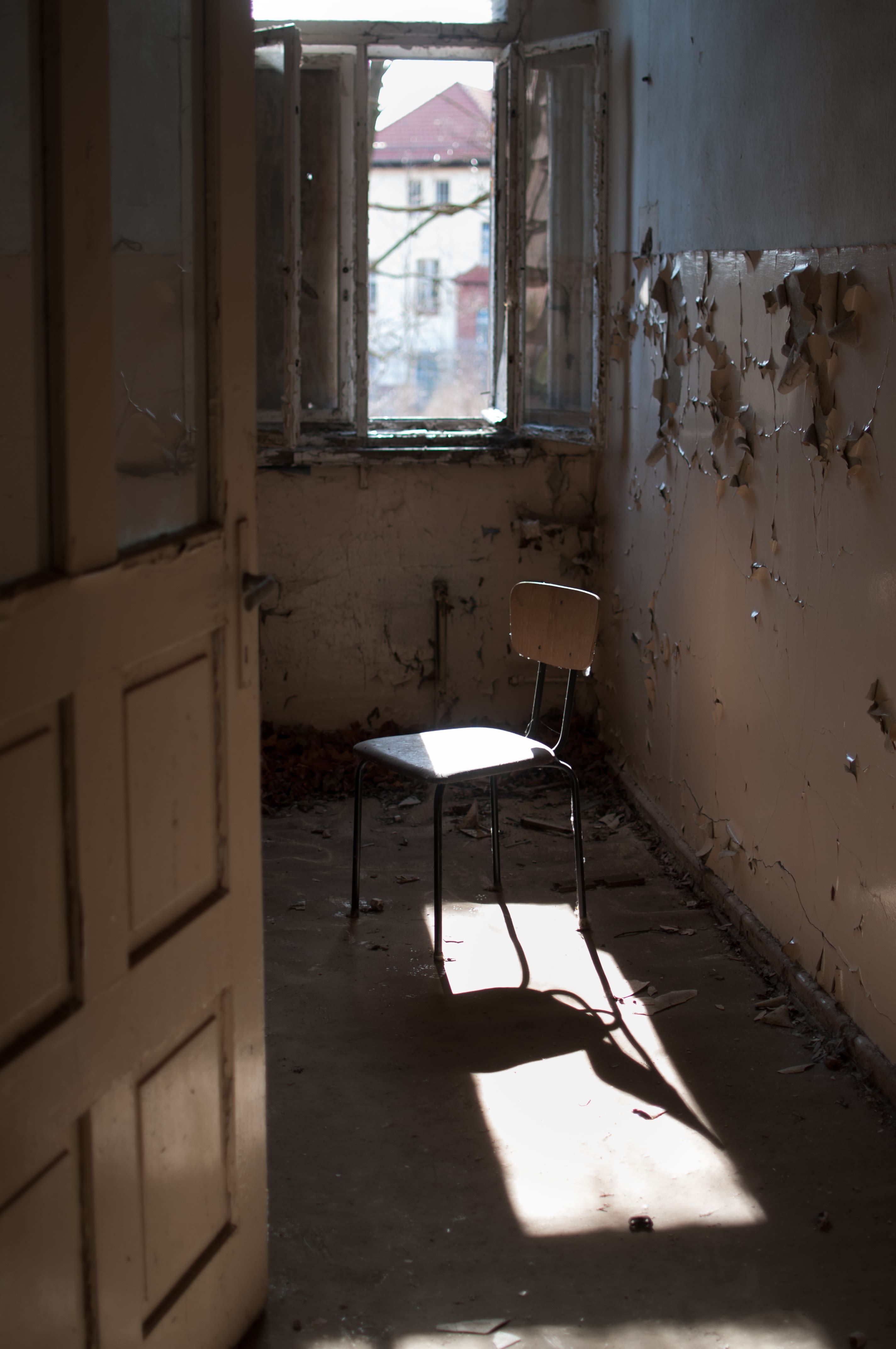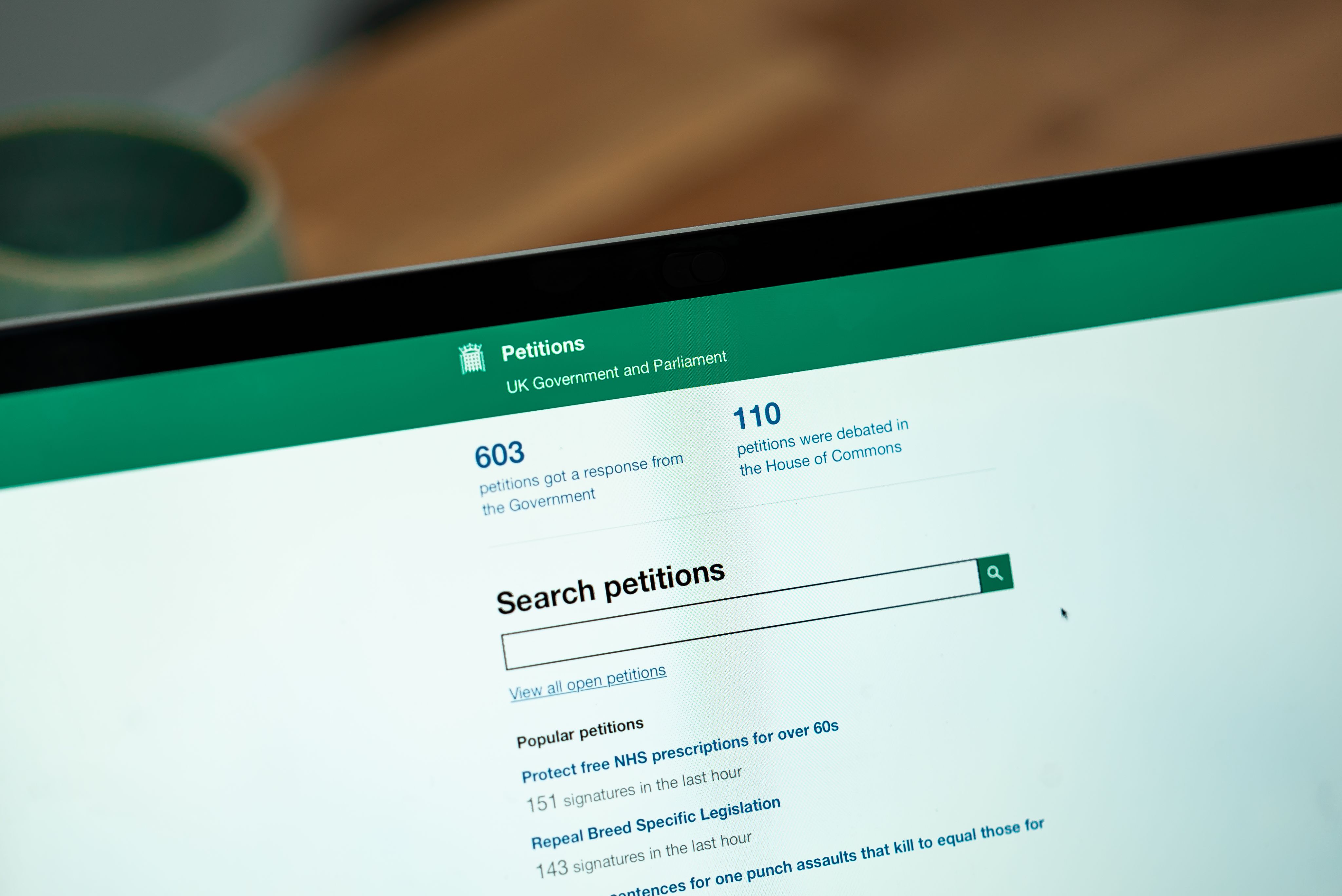Why are MPs debating child bed poverty?
Petitions Committee

Over 18,000 people signed a petition calling on the Government to create a 'National Sleep Strategy' to end bed poverty.
The petition raised concerns about families across the UK not having beds for their children to sleep in due to poverty.
The Petitions Committee scheduled a debate in the House of Commons for Monday 19 December 2022 at 4.30pm.
Our Chair, Catherine McKinnell MP opened the debate. She gave the following statement:
"With the short-term challenges of sleep deprivation come the lifelong consequences of bed poverty. Research has shown that pupils who get more sleep perform better at maths, science and reading—markers of educational attainment that the Government tell us are vital for securing good jobs in the future."
Catherine McKinnell MP

Catherine spoke to the petition creator, mothers whose children had experienced bed poverty and child, furniture and sleep poverty charities ahead the debate.
Catherine highlighted the experiences of the mothers she had spoken to:
"One mother who spoke to me when I was taking evidence for this debate said that, as a child, she had fled with her mother from domestic violence. She remembers how traumatic that was, but when they moved she said she felt cushioned by a state that supported them into a new home. She does not remember not having a bed when she was growing up. She remembers being looked after and supported in what was clearly a traumatic situation. She has faced that again herself—she has fled domestic violence with her children—and she was shocked at how little support there has been; there was nothing for them. They managed to secure a house, but it had no furniture in it. She said they have lived with one lightbulb, which they move from room to room, and no beds for the children."
"I also spoke to one mother who had experienced bed poverty and was so grateful for the help that she received. After she received the bed, sheets and pyjamas from a charity, she described her child as becoming a different person overnight. It was powerful to hear about that experience. Those parents share their experiences, no matter how hard it is or how difficult it is to admit that they found themselves in that situation, because they do not want any child to go through that experience."
Catherine concluded that she would like the Government to "go away and think harder about this issue. It is about not just those individual children but a lifetime cycle of sleep deprivation that results in adult mental health issues, because if someone has not slept well as a child they will have that for the rest of their life. It will affect their education, mental health, development and wellbeing."
The Government's response

Minister for Local Government and Building Safety, Lee Rowley MP, responded to the debate. He outlined the financial support already in place to tackle poverty:
"We are going to spend over £245 billion through the welfare system this financial year, and £110 billion to support people of working age.
"That builds on wider efforts to lift more people out of poverty and to support those who have been highlighted in this debate.
"Twenty-three councils have already put on record that they are using their funds to provide beds, bedding and blankets to vulnerable residents.

"Supporting families funding is allocated to authorities based on levels of deprivation and the number of families in the local population; put simply, more deprived areas receive more funding.
"I am grateful to Bex Wilson, Zarach and all those who have raised this important issue, and to the hon. Members who have spoken today. Across the House there is an absolute commitment to, and understanding of, the challenges we have debated. I hope that everybody, even if they disagree with the proposal that I put forward on behalf of the Government, recognises that a substantial amount of work has been done in the area, and there is a substantial amount of funding and taxpayer support. We all want to achieve the same ends and recognise various challenges. We are grateful for the work done by those who have highlighted this issue. I hope we can continue to make progress in the coming years, while continuing to debate the best approach."
Watch the debate

MPs debated this petition on 19 December 2022. You can watch the full debate below or read the debate transcript on Hansard.
Read the debate pack from the House of Commons Library: E-petition relating to child bed poverty
Petition debates
Petition debates can be an important part of a campaign. Debates help raise awareness of an issue and can influence decision-making in Government and Parliament.
Petition debates are 'general' debates which allow MPs from all parties to discuss the important issues raised by one or more petitions, and put their concerns to Government Ministers.
Petition debates don’t end with a vote to implement the request of a petition. This means MPs will not vote on child bed poverty at the end of the debate.
What is the Petitions Committee?
The Petitions Committee is a cross-party committee of MPs that considers e-petitions submitted on Parliament's petitions website and public (paper) petitions presented to the House of Commons, engaging the public directly with the work of the House.
What is a Westminster Hall Debate?
Westminster Hall debates take place in the Grand Committee Room in the House of Commons.
They give MPs an opportunity to raise local or national issues and receive a response from a government minister.
Debates in Westminster Hall take place on ‘general debate' motions expressed in neutral terms. These motions are worded ‘That this House has considered [a specific matter]'.
How Parliament works: Westminster Hall debates.

